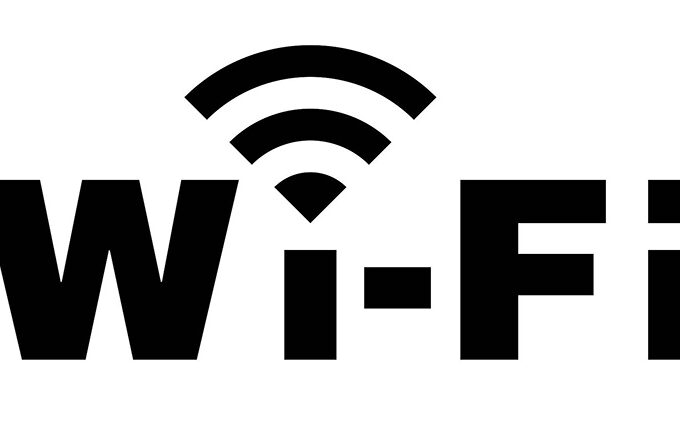On April 4, 2025, U.S. President Donald Trump announced that he would grant ByteDance’s short-form video platform TikTok an additional 75-day grace period concerning its operations in the United States. The move means that ByteDance will have more time to negotiate with U.S. investors over the sale of TikTok’s U.S. operations, and that TikTok will avoid the risk of being banned during this period. Trump’s decision has sparked widespread global media attention, especially against the backdrop of the current increasingly complex international political and business environment, and the event could have far-reaching implications for the international tech industry.
Background: The Trump administration’s continued pressure on TikTok
Since TikTok’s rapid growth in the size of its user base in the United States in 2019, the Trump administration has raised serious security concerns about it, arguing that the platform could be utilized by the Chinese government to collect private data on U.S. users. These concerns stem largely from the opaque regulation of Chinese companies concerning data privacy and the possibility that the Chinese government could pass legislation requiring companies to hand over data.
As a result, the Trump administration has repeatedly demanded that TikTok’s parent company, ByteDance, sell its U.S. operations or the platform will be banned in the U.S., citing national security concerns. In August 2020, Trump signed an executive order requiring ByteDance to sell TikTok’s U.S. operations within 90 days, with a final deadline of November 2020 set. However, due to the outbreak and the complex international political situation, ByteHop never managed to finalize the deal.
Trump’s latest decision: extend the 75-day grace period
On April 4, 2025, Trump announced his decision to extend the final deadline for the TikTok deal once again to give ByteDance time to further negotiate with U.S. investors on the sale of TikTok’s U.S. business, taking into account the progress of the current negotiations as well as the complexity of some national security-related matters. The new deadline will last until June 20, 2025, meaning TikTok could be at risk of an injunction if a deal is not reached in that time.
In his statement, Trump said that while negotiations with TikTok are going well, more time is still needed to ensure that the deal meets U.S. national security standards. In order to avoid unnecessary damage, the Trump administration has decided to provide ByteHop and U.S. investors with more time to reach an agreement. Trump also noted that this extension gives the Chinese government more time to consider whether to allow ByteDance to sell its U.S. business to a U.S. company.
Relationship with the Chinese government and international implications
However, the Trump administration’s decision is not without controversy. Many analysts believe that the move is not just about protecting U.S. national security, but is also fraught with political implications. Since the Trump administration took office, U.S. trade policy toward China has hardened, and competition in the tech sector has been particularly fierce.TikTok, one of the world’s most popular social platforms, is becoming a key player in the tech competition between the U.S. and China.
Selling TikTok’s U.S. business will not be easy for ByteDance. While ByteDance is willing to make deals with U.S. investors, it still faces strict regulation from the Chinese government. The Chinese government plays a key role in such deals, especially when it comes to exporting sensitive data and technology. The Chinese government has said that any deal must be scrutinized to ensure that it does not involve the leakage of China’s core technology. As a result, the situation for ByteHop has become particularly complicated in the game between the Trump administration and the Chinese government.
This extended period not only has far-reaching implications for the future of TikTok, but also worries tech companies in other countries around the world. As international tech competition intensifies, governments are taking an increasingly tough stance on technology and data regulation. The U.S. approach to TikTok could serve as a model for the rest of the world to regulate Chinese tech companies, triggering more countries to scrutinize and restrict Chinese tech giants.
Other affected companies and industries
In addition to TikTok, the Trump administration’s decision has raised concerns about other Chinese tech companies. In recent years, the expansion of Chinese companies in the global market has come under regulatory pressure from a growing number of countries. China’s Huawei and ZTE, for example, have faced bans and sales restrictions in some Western countries, while some international companies have faced greater political risk when working with Chinese firms. The landscape of the global tech industry is undergoing profound changes as issues such as data security, privacy protection, and technological competition become increasingly important.
The future of TikTok and ByteDance
Despite Trump’s announcement of an extended grace period, TikTok’s future in the U.S. remains uncertain. If the deal ultimately fails to close, TikTok faces the risk of a ban that would directly impact the experience of its users globally. Considering TikTok’s large user base in the U.S. and global markets, the ban could have a huge impact on hundreds of millions of users and deal a serious blow to ByteDance’s business model and profitability.
From ByteDance’s perspective, balancing national security requirements, negotiations with U.S. investors, and regulation by the Chinese government remains a huge challenge. If a deal can eventually be reached, ByteDance may be able to continue to expand its global business without losing the U.S. market. However, the process is fraught with uncertainty and could be affected by several factors in the future.

Conclusion
The Trump administration’s extension of the TikTok deal has bought more time for ByteDance, but the final resolution of this issue is still up in the air. In today’s increasingly fierce global technology competition, the future of technology companies depends not only on market and technological innovation but also on the profound influence of government policies and international relations. Global users and tech companies will be closely watching the subsequent development of this incident, especially at a time when data security and governance of multinational corporations are becoming increasingly important. The TikTok incident is undoubtedly an important warning and case study.












